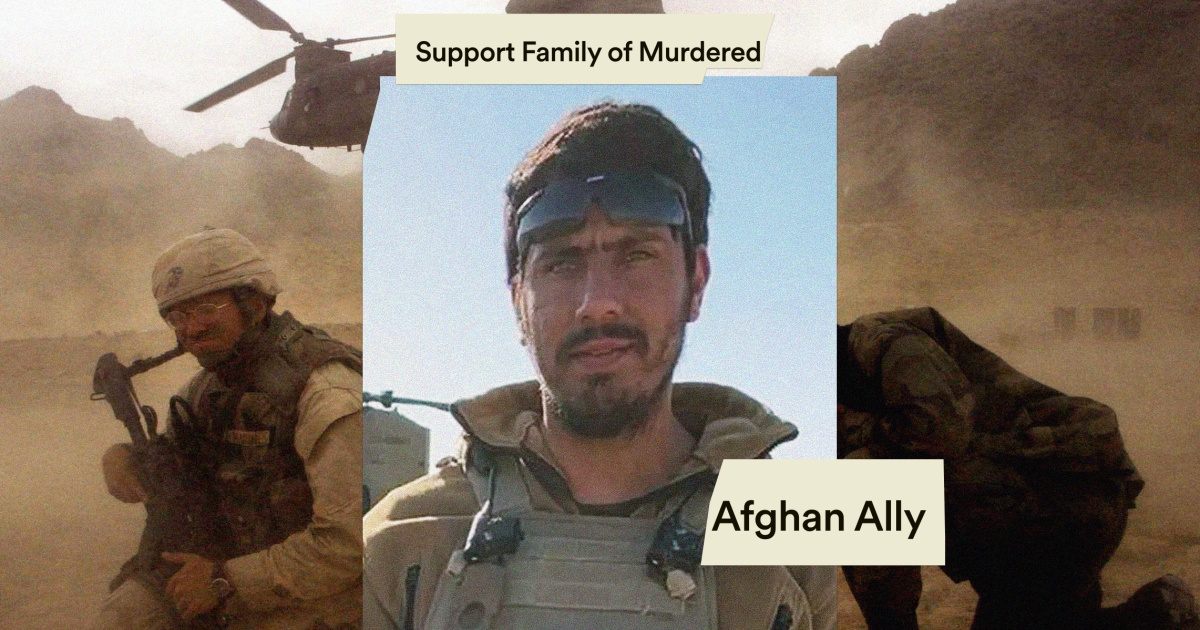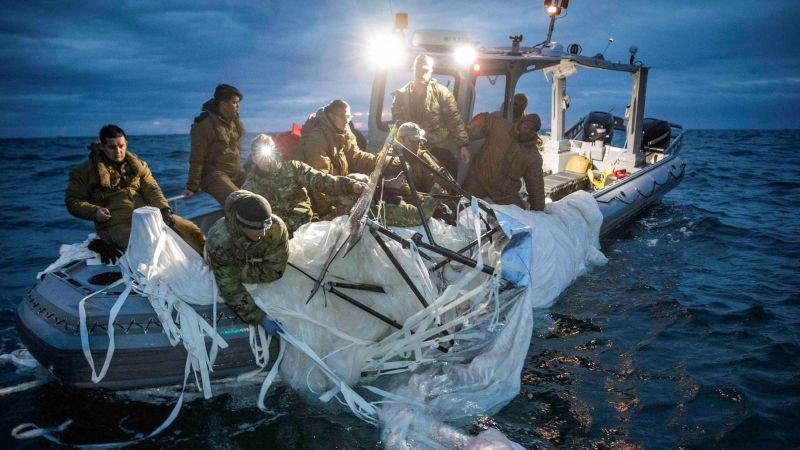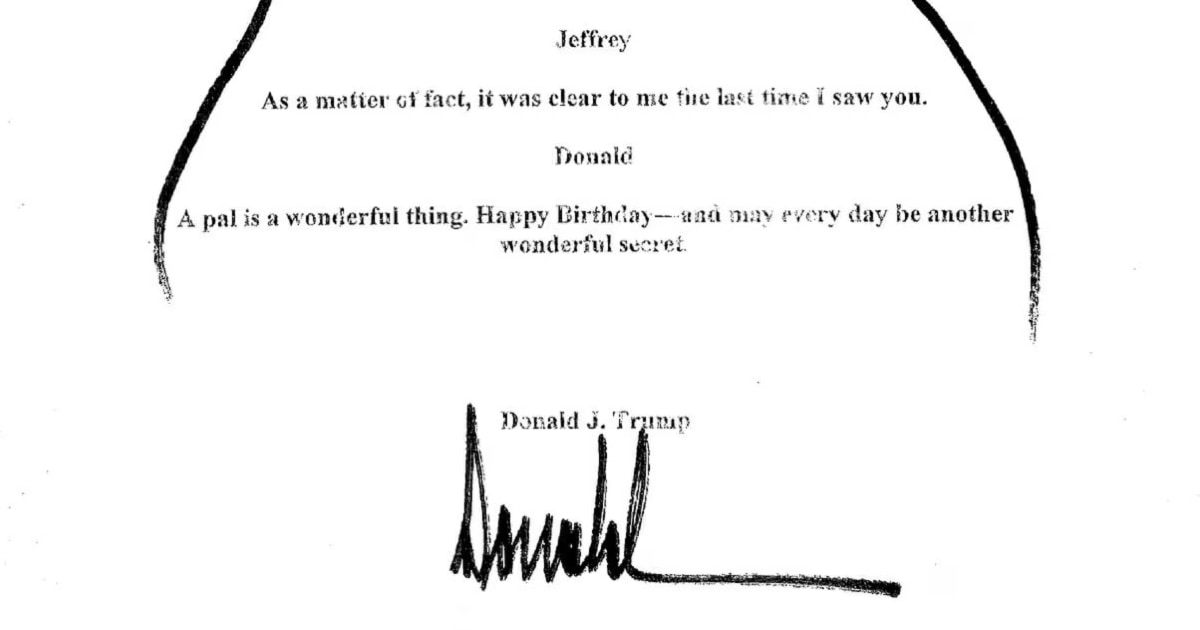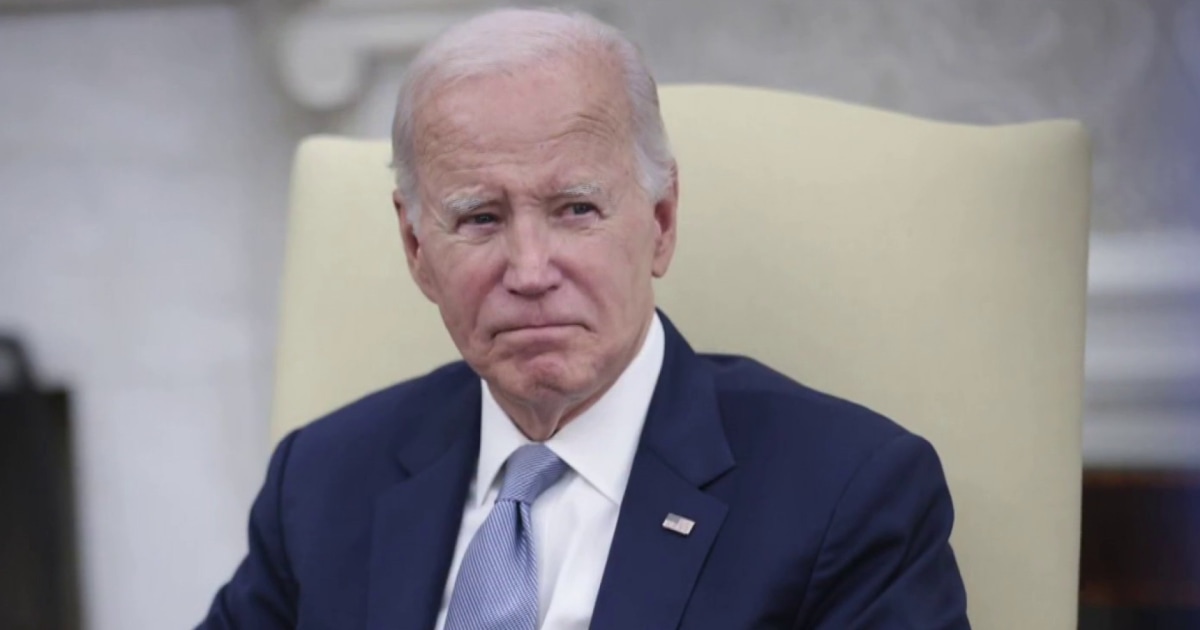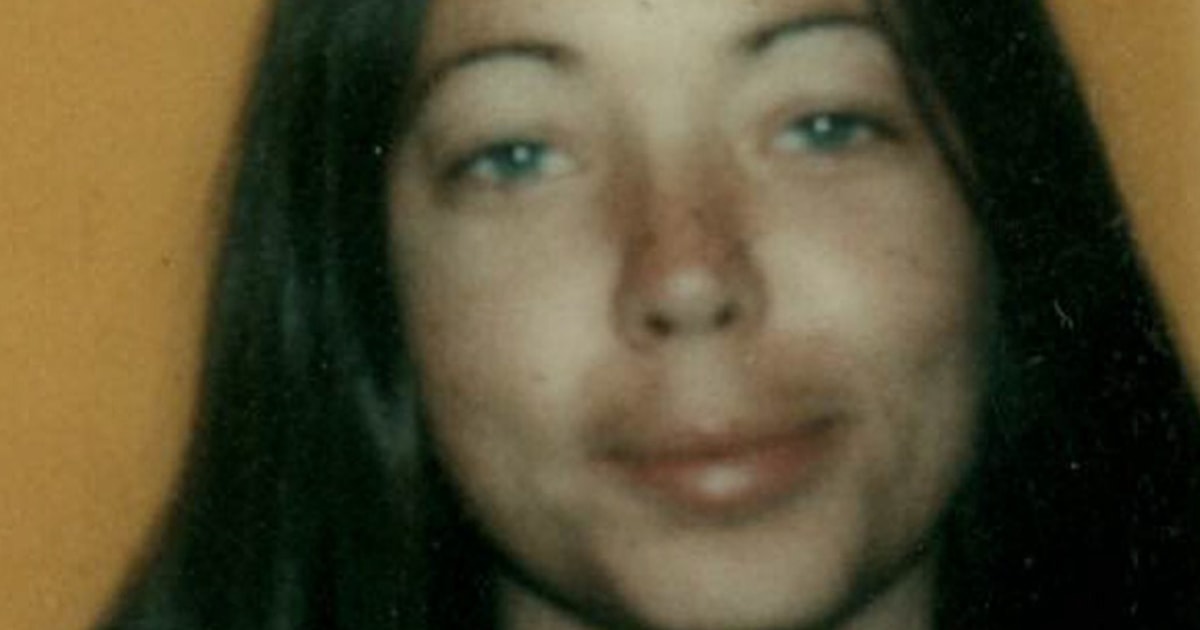For more than five years, Abdul Rahman Waziri put his life on the line to protect U.S. Green Berets. He was a member of an elite unit of Afghans trained to detect hidden explosives — considered the tip of the tip of the spear, in America’s bloody fight against the Taliban.
Waziri was also one of the lucky ones. Unlike many other Afghans who worked for the U.S. military, he made it out of the country during America’s chaotic withdrawal in 2021. He settled in Houston with his wife, where they were raising their two young girls.
But on April 27, Waziri, 31, was fatally shot outside his apartment complex in a dispute about parking. The shock and heartbreak felt by his family has been compounded by what they consider to be a baffling decision by law enforcement to release the gunman with no charges.
“It’s ridiculous,” said Waziri’s brother, Abdullah Khan. “In Afghanistan, we have no law at all. But if someone gets murdered, the person will not be free.”
Houston police said in a statement that, following the shooting, officers at the scene were approached by a man who identified himself as the shooter and said he and Waziri were “arguing over parking.” Officers interviewed the man and took possession of his gun but then let him go.
“After consulting with the Harris County District Attorney’s Office, the male was released and [Houston Police Department] investigators will continue their investigation,” the police added. They have not released his name.
Three weeks later, no action has been taken. The authorities have not made any other public statements despite mounting pressure from the area’s growing Afghan community as well as Green Berets who worked with Waziri.
“He was a lion of a man but also one of the most gentle warriors I have ever seen,” said Ben Hoffman, a former Green Beret who went on missions with Waziri in 2019.
“This guy risked his life for us,” Hoffman added. “And for him to survive all of that and make it out of Afghanistan and then just die in cold blood outside an apartment complex in Houston — what is going on here?”
Damali Keith, a spokeswoman for the Harris County District Attorney’s Office, said: “We are still awaiting additional information from investigators before making a charging decision.”
The Houston Police Department did not respond to a request for comment.
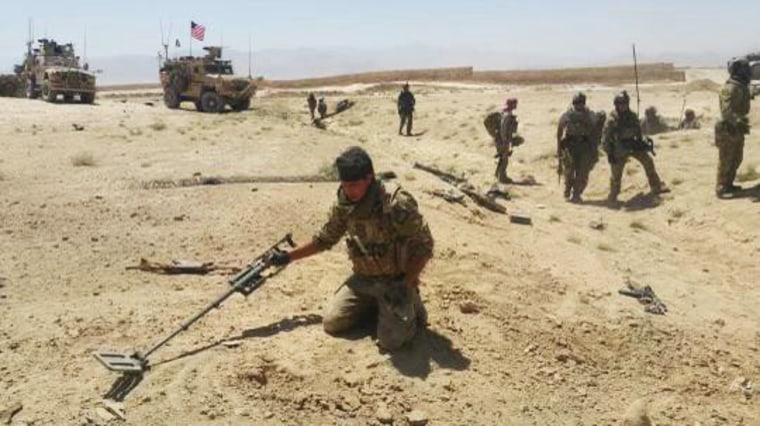
What surveillance video shows
The shooting took place just before 9:10 p.m. at the Gables at Richmond Apartments, where Waziri had been living since last year.
A surveillance camera captured Waziri driving into the parking area in a white Toyota Camry. He pulled the car to a stop and put on his blinkers. According to his brother, he was coming home from the gym. Waziri was likely going to grab his mail and then park in a spot closer to his apartment, his brother said.
But about 30 seconds after Waziri’s car pulled in, a black Kia sedan turned into the parking lot. It came to a stop directly behind Waziri’s vehicle, according to the surveillance footage, which was provided by the family’s attorney.
What happened next is not entirely clear. The area where the cars were stopped can’t be seen on the video because of a structure looming over the parking lot.
But Waziri can be seen walking away from his car, with the other man trailing behind him. They stop and exchange words while pointing in the direction of their vehicles. Then Waziri continues walking away and the other man returns to where their cars were parked.
Seconds later, Waziri looks back in that direction and then walks back toward his car. It’s unclear what happens over the next 55 seconds. But near the end, the other man’s shoes can be seen moving in the direction of his car and then back toward Waziri’s.
Shortly afterward, the other man was captured on the video walking away from the scene.
“It shocks me that this man was not arrested,” said the Waziri family attorney, Omar Khawaja.
Khawaja said he spoke to a witness and escorted that person to police headquarters five days after the shooting. The witness provided the following account to investigators, according to Khawaja.
After the initial confrontation captured on video, the other man began to kick Waziri’s car. That’s what prompted Waziri to walk back to the vehicles. A physical struggle ensued, with Waziri getting the upper hand, and then the other man returned to his car and retrieved a gun.
Waziri put his hands up and said something along the lines of, “Don’t shoot,” but the gunman opened fire anyway.
NBC News’ efforts to reach the witness were not successful.
Police said Waziri was shot “more than one time,” and officers discovered his body lying next to his white Toyota. Khajawa, the family’s attorney, said Waziri was unarmed at the time; he owned a gun but it was at home.
Khajawa said he is aware of at least one other witness who is too afraid to come forward.
“You can imagine the kind of paralysis and fear the community feels,” Khawaja said. “The guy who just killed this man is still living in the community and with no consequences whatsoever. That’s a chilling effect on witnesses.”
What the law says
Under Texas law, a person has a right to use deadly force if it is believed to be “immediately necessary” to protect against another’s “use or attempted use of unlawful force.”
David Crump, a professor at the University of Houston Law Center, said another factor looms large in a prosecutor’s decision on whether to bring charges: Did the person initiate the altercation?
“If someone initiates a quarrel and ends up shooting a guy who was unarmed, it seems strange to me that the shooter was not arrested,” Crump said. “But I have to add that we don’t know all the facts.”
The killing has sparked protests in Houston, where thousands of Afghans have settled after fleeing their homeland. It also prompted some of Waziri’s Green Beret friends to write letters to Houston Mayor John Whitmore demanding justice.
One of those retired Green Berets, Vince Leyva, said in an interview that he used to call Waziri a “gentle giant.”
“I’m 6-foot-1 and he towered over me,” said Leyva. “But he was so calm, so well spoken. He was not a guy who would argue, which is why this really baffles me.”
Waziri and the other Afghan members of the National Mine Reduction Group, or NMRG, would be out in front of U.S. Special Forces members during missions. Their job was to identify and disable improvised explosive devices, but they sometimes found themselves in firefights during Taliban ambushes.
Beyond the risk of getting killed on the job, they were frequently hunted down by insurgents.
“Everyone knew who the NMRG were, especially the Taliban,” said Leyva, who helped train the Afghans. “They always had targets on their backs, but they were proud to do their job.”
Waziri was so good at it that he was selected to be an instructor, Leyva said, a role he had until U.S. forces withdrew from Afghanistan in August 2021.
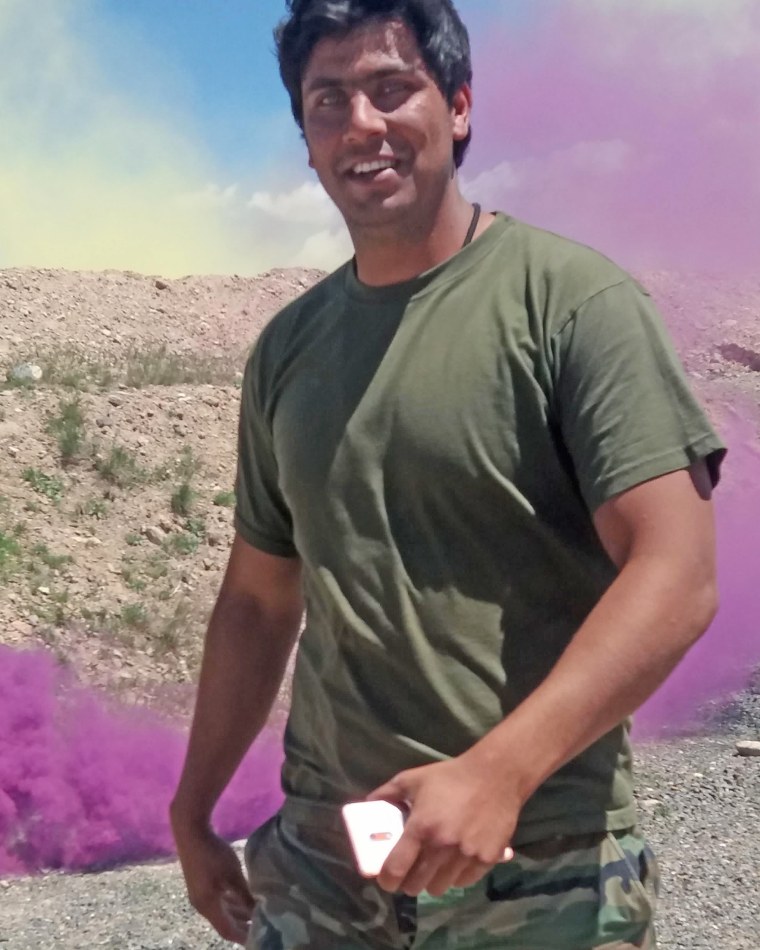
Waziri was looking out for others even in his last few days in his homeland as the Taliban swiftly seized major cities, according to Shireen Connor, who was part of a grassroots team of veterans and others who helped to coordinate the evacuations of Afghans.
“The streets of Kabul were engulfed in panic,” Connor said in a letter to the Houston mayor.
“In the midst of this, Mr. Waziri, a high-profile Taliban target, was setting up safe houses not for himself but for our evacuees. Always helping other people in the face of significant personal peril. How do you define a human being like this?”
After the shooting, Waziri’s wife and two young daughters — 4-year-old Bahar and her 9-month-old baby sister, Zoya — flew to Florida to stay with his brother.
“His wife is in very bad condition now,” said Khan, the brother. “She’s still panicking.”
Khan and Waziri’s wife have yet to tell Bahar that her father is dead. And so, nearly every day, the little girl asks her mother and uncle a string of heartbreaking questions.
Where is my father? When is he coming home? Please, can you just call him?

